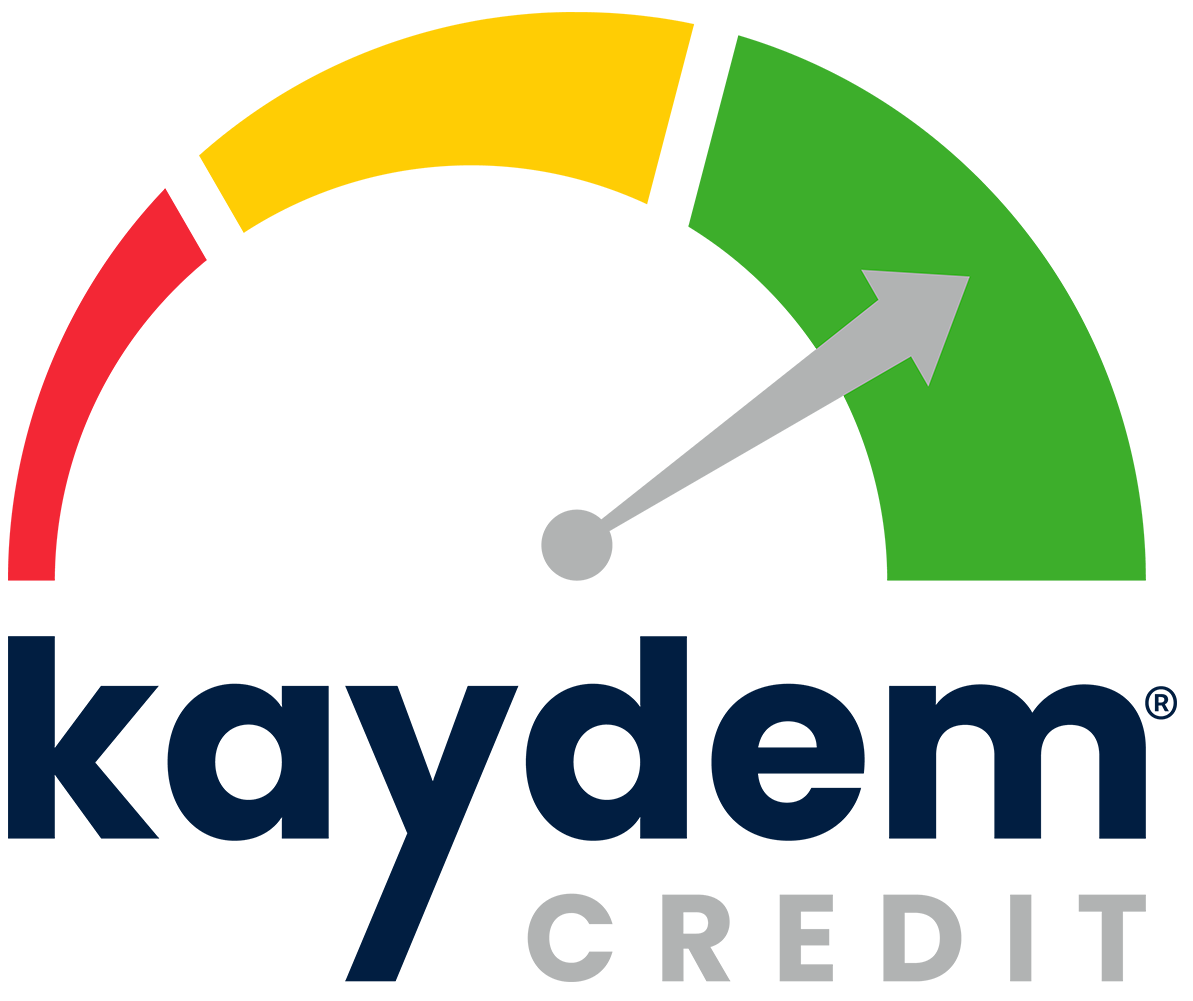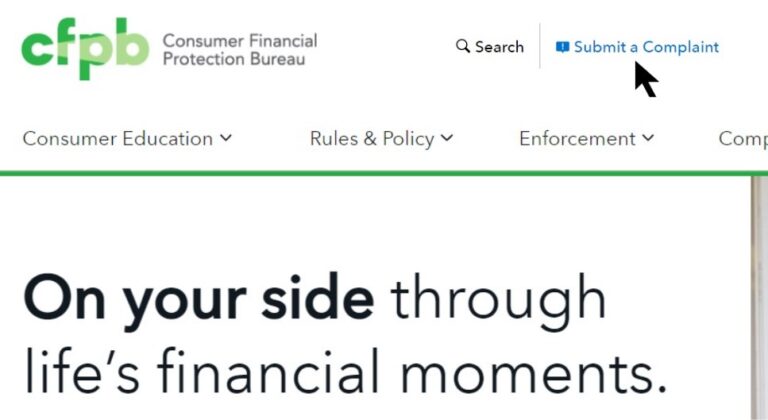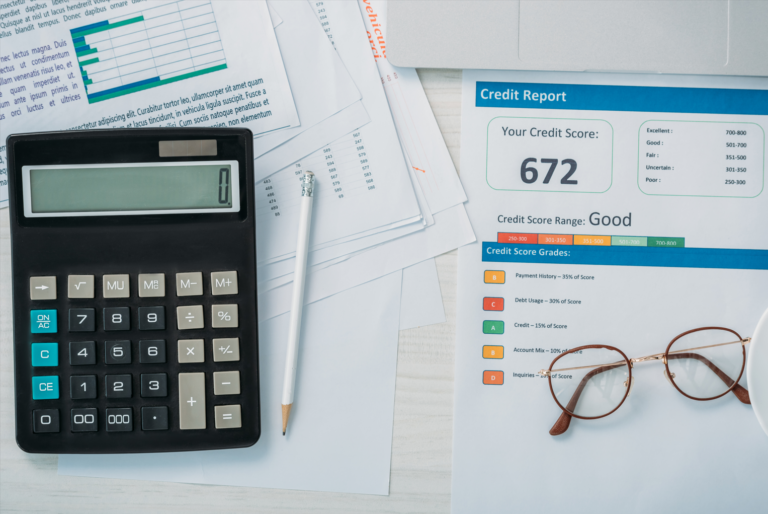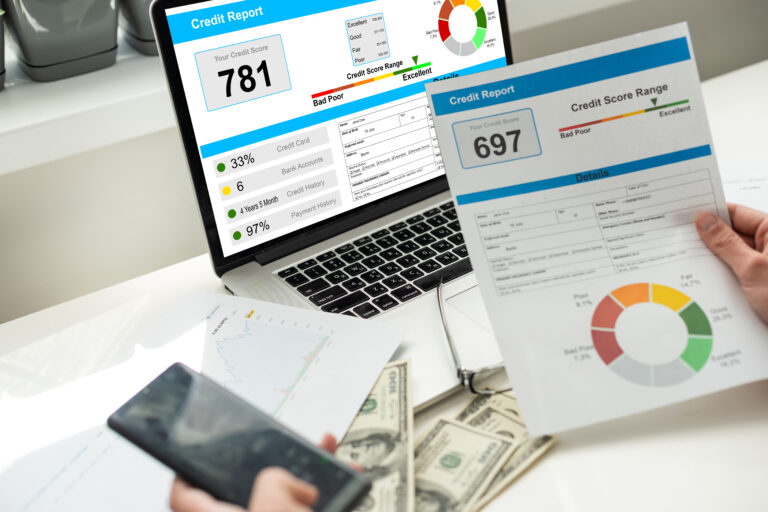Not everyone is a credit specialist, do you have no credit or bad credit, which one is worse than the other? Understanding how a lender views you as a borrower in both circumstances is essential to taking the proper steps to improve your creditworthiness regardless of your starting point.
What does it mean to have no credit?
When a consumer has no credit, there is no information on their credit report to help lenders determine their repayment abilities.
Even if they have a stable income, they will find it challenging to secure financing, such as an auto loan or mortgage, since one’s personal credit is the qualifier for these forms of financing.
As a result, it can lead to higher utility deposits, fewer emergency funding options, higher interest rates, or even more declinations when attempting to apply for a loan.
It is typical, and even expected, for a consumer to not have a credit score if they have never applied for a loan or credit card. However, it is also possible to not have a FICO score if your open account, or accounts, is less than six months old.
What does it mean to have a bad credit score?
Alternatively, when a consumer has a bad credit score, that tells a potential lender that you have mismanaged your accounts, whether that means being late on a monthly payment, filing for bankruptcy, or allowing an account to go to collections.
If you have a bad credit score, you are on the lower end of the 300-850 scale the three major credit bureaus use to gauge your creditworthiness. Having a lower score can make it challenging to secure financing for a different reason.
No credit means that the consumer never needed financing, but a bad credit score tells the lenders that at some point, you mishandled the funds loaned to you, which makes you less lendable in their eyes. For this reason, a bad credit score is considered worse than no score at all.
Fortunately, despite which category you find yourself in, there are steps you can take to build or rebuild your credit to secure the best financing options in the future.
How to build credit from scratch
It is never too late to start building credit, and these are four ways anyone can start from scratch:
- Apply for secured credit cards
Secured cards are a great place to start for those with no credit history because your chances of approval are high. This is because they have little to no risk for the lender, making it easier for someone without credit to get approved and establish a payment history.
The issuing bank will require a cash deposit upon opening the account, and this amount will usually equate to your credit limit.
However, before applying for a secured card, check with the lender to ensure they will report the account to Experian, TransUnion, and Equifax rather than just one or two of the bureaus. Doing so will ensure you earn positive payment history and a credit score with all three major credit bureaus.
2. Students’ unsecured credit cards
Many lenders offer unsecured credit cards for students, even if they do not have any prior history.
An unsecured credit card does not require a deposit like a secured card. Therefore, it does not require the consumer to give the card issuer any payment upfront, so you only pay what you owe in addition to any applicable interest charges.
These cards are typically easier to qualify for but may carry higher interest rates, unfavorable terms, and annual fees.
3. Add an authorized user account
When a friend or family member has an established credit history, they can add you to their account as an authorized user, and you can benefit from the account’s history to build your credit score.
Since you are only an authorized user, you are not financially responsible for the account, so lenders do not consider it equal to having your own; however, it can help build you qualify for your own account.
However, for an authorized user account to benefit you, it must have positive payment history, low utilization, and get reported for both the primary cardholder and the authorized user.
4. Experian’s Credit Boost
Experian’s Credit Boost free service helps boost your credit score by having the payment history of monthly expenses, such as utility, phone, and streaming services, appear on your credit report.
However, this program is offered only by Experian, so it will not help consumers build their credit scores with TransUnion or Equifax. Therefore, use it in tandem with one or more of the previously mentioned options.
Credit Specialist Tips: How to rebuild your after having bad credit
Since a bad credit score is considered worse than having no credit, opening a new account will not be enough to see significant changes.
Instead, using these four steps will help you get started on raising your credit score:
- Review your credit reports: Annualcreditreports.com offers consumers free credit reports from Experian, TransUnion, and Equifax. Since you cannot fix what you are unaware of, reviewing your credit reports can help you discover why it is suffering.
- Dispute any credit reporting errors: if you discover some of the negative items reporting are inaccurate, you have the right to dispute those items with the credit bureaus to have them removed. Many find this process tedious, so trusting a professional credit repair company, like Kaydem Credit Help, to complete this process for you is always a great option.
- Open new accounts, if needed: if you only have one or two accounts, opening a new account and practicing positive payment history from the start can help improve your credit in the long run.
- Practice positive credit management habits: there is no point in repairing your credit if you do not plan to properly manage the accounts in the future. By establishing and practicing positive credit practices, such as on-time payments, you can ensure you keep your credit in healthy shape long after you have rebuilt it.
Whether you start with no credit or bad credit, it is nearly impossible to see a significant improvement overnight. Ultimately, you will need to learn and maintain healthy credit habits to avoid setting yourself back in achieving your financial goals. The credit specialists at Kaydem Credit can help!







